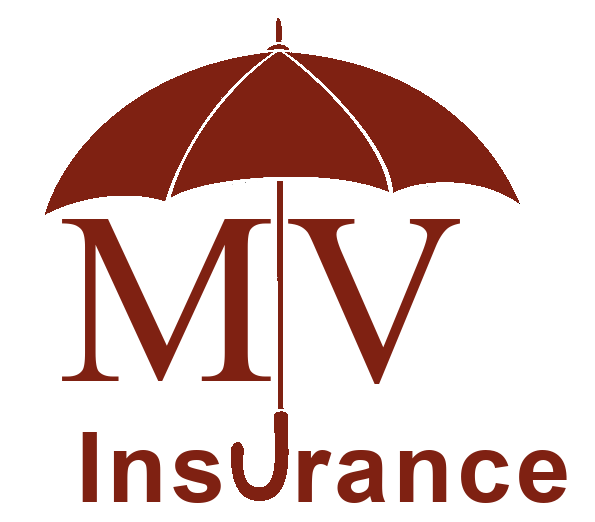What are the differences between term and whole life insurance?
Term life insurance lasts for a predetermined period, while whole life insurance lasts your entire life. In addition, whole life insurance can earn interest as it has a cash value feature that term policies do not.
What is Cash value?
Cash value is a feature in some permanent life insurance policies that acts as a savings or investment account that earns interest. A policyholder can borrow against the cash value as a loan. Some policies allow the policyholder to use the cash value to adjust premiums or death benefits. Typically, the cash value goes to the insurance company after the policyholder’s death.
What are Premiums?
A premium is a payment amount a policyholder must pay to maintain an insurance policy. Based on the policy agreement, premiums are due periodically, monthly, quarterly, or annually. If a policyholder falls behind on payments, the policy will lapse, making the policyholder uninsured.
What is a Policyholder?
A policyholder is responsible for paying the premiums of a life insurance policy purchased. In most occasions, the policyholder is usually the person insured. It is possible to take out a policy on another person with whom you have a relationship, such as a spouse, child, parent, or business partner. However, doing so requires the consent of the insured.
What are Beneficiaries?
A beneficiary, or beneficiaries, is a person or people (or organizations) who will benefit from a life insurance policy. The policyholder can name a single beneficiary or multiple beneficiaries. Most often, the beneficiaries will be individuals, like family members or close friends. However, it is also possible to bename a charity, business, or trust as the beneficiary.
